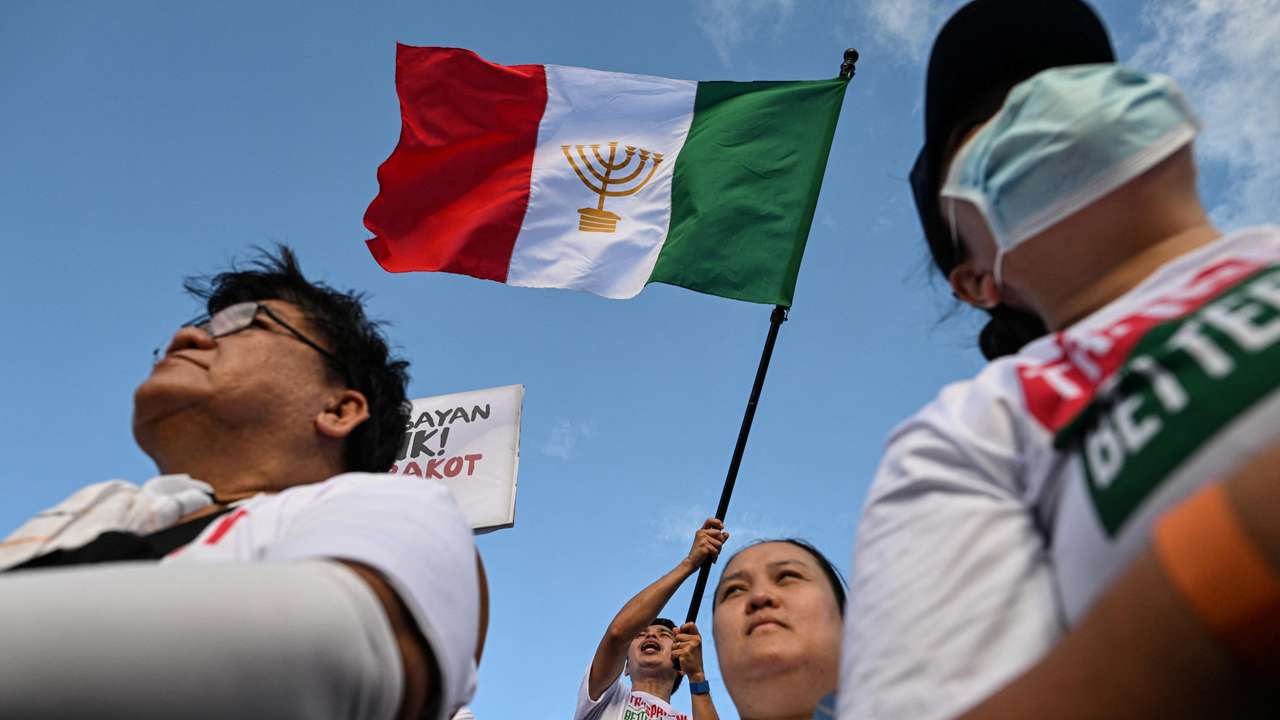In the Philippines, a mega-church turns its back against President Marcos

After helping sweep Ferdinand Marcos Jr. into office in 2022, the powerful Iglesia Ni Cristo (INC) has executed a stunning 180-degree turn — publicly breaking with a president now mired in a billion-peso corruption scandal.
From November 16 to 17, hundreds of thousands of INC members poured into the Philippine capital, demanding transparency and accountability over allegedly anomalous flood control projects in the disaster-prone country.
The protests capped a tumultuous day in Manila politics: two Cabinet secretaries resigned, replacements were named, and the President’s own sister accused him and the First Family of using illicit drugs.
How influential is the INC? And why is it entangling itself in Philippine politics?
Strength in numbers?
INC is a nontrinitarian Christian denomination founded in Manila in 1914.
Over the decades, it has expanded globally, establishing congregations in cities across the United States, Europe, Asia, the Middle East, and Africa.
While not the largest religious group in the predominantly Catholic Philippines, INC is widely considered one of the most politically influential.
A significant portion of its 2.8 million members vote as a bloc, typically backing candidates endorsed by church leadership, a coveted advantage for any political campaign.
Politicians have long courted INC’s “blessing.”
One of the most formidable and remarkable endorsements the group made was for Marcos and his former running mate, Vice President Sara Duterte, back in the consequential 2022 national elections.
The endorsement delivered. Marcos secured 31 million votes, twice that of his closest rival, while Duterte won an even larger tally of 32 million.
INC’s top minister now even holds a seat in the Marcos administration as special envoy for overseas Filipino concerns.
Why the break?
The deteriorating alliance between the Marcos and Duterte camps appears to be the most immediate trigger for INC’s rupture with the administration.
Relations soured after budget controversies hit Duterte’s office, prompting Marcos to remove her as Education Secretary. Tensions deepened when Duterte faced impeachment complaints, cases analysts say now increasingly expose Marcos himself, given the widening corruption scandal implicating the President and key aides.
INC had already shown signs of discontent. In January, thousands of members gathered for a “National Rally for Peace.”
But the latest protests took a sharper political turn after Sen. Imee Marcos, the President’s estranged sister, used the rally to level explosive drug-use allegations against him.
And while the demonstration has ended, Philippine politics remain unsettled.
The government has yet to prosecute anyone over the alleged diversion of flood-control funds. Two senior officials have resigned under the banner of delicadeza. And the administration has now virtually lost the support of one of the country’s most politically active religious blocs.
This story is written and edited by the Global South World team, you can contact us here.